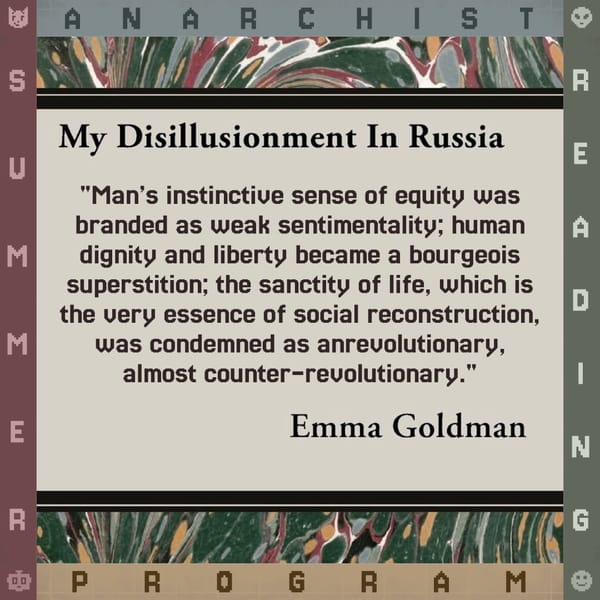Evangelical doctrine has planted seeds of condemnation in our minds, and its false prophets rely on a substitution fallacy asserting that their condemning interpretation of “God’s Word” is the literal word of God. If it makes you feel bad about yourself, if it makes you hate yourself and be tormented by a failure to comply with a template that just isn’t you, it’s not from God.
The law is written on your heart. Not in scripture. ON YOUR HEART. The law on your heart isn’t a one size fits all, Leviticus-style theocracy. For example, scripture says there are various spiritual gifts. But the law on our heart tells us which spiritual gifts are uniquely ours. Manifesting that/those gift(s) is one aspect of our unique individual law.
You learn this through direct relationship with God — not religious gatekeepers. And it is the same with every sector of our lives. The spirit of conviction can help you discern what is written there if you listen.
Scripture is full of identity models that contradict organized religion’s legalistic blueprint for how we should live. David loved Jonathan “more than women” after their souls were bound on sight.
Joseph wore a “ketonet passim” given by his father — a princess dress (“for this was the kind of garment the virgin daughters of the king wore” 2 Samuel 13–18) — creating tension in the family and a problem for translators ever since.
Jesus himself defied every gender role that would have been prescribed by Hebrew society for both men and women in order to be about “his father’s work”. He crossed class divides to walk among the people who needed liberation the most and disrupted ritualized capital punishment prescribed by the law supposedly being enforced in his father’s name. He also healed on the Sabbath, showing us that legalistic religious authorities can easily get it wrong. And as we know from the story, they will double and triple down on how wrong they are.
Our calling as ambassadors of heaven on earth is to persist in manifesting this example of a living truth to power, and this means looking to the law on our hearts. Reject the voice of condemnation — their voices implanted in your mind. Instead, invite the spirit of conviction to guide your heart to the teachings that are relevant to you. In this way, your faith becomes a living work of transformation that shapes you into God’s plan for you — not what wordly powers think you should look like.






